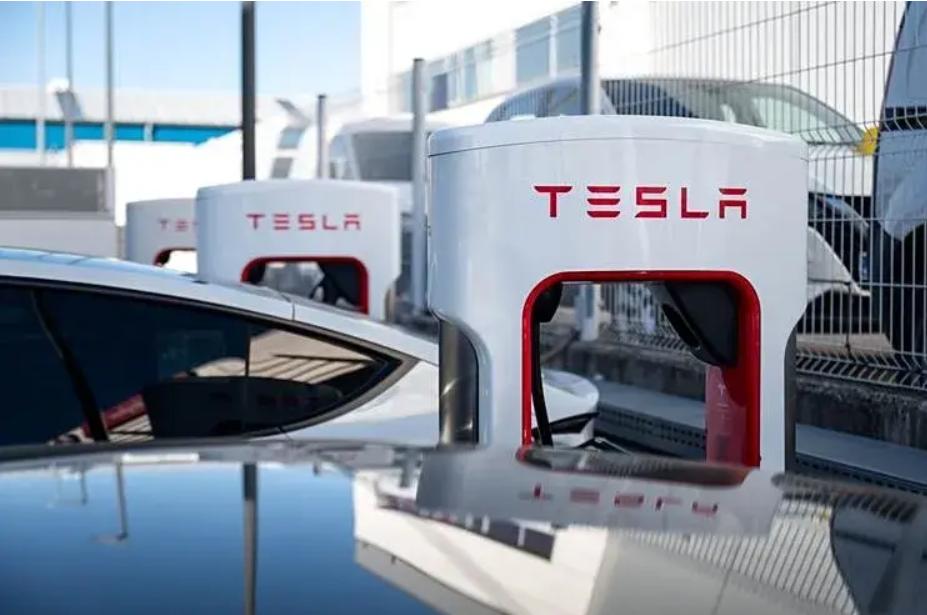
Tesla's layoffs have continued to expand this year, and the total number of employees is now more than 121,000, which is more than 14% lower than the company's more than 140,000 employees at the end of last year. In April this year, Tesla CEO Musk said in the company's first quarter earnings call at the end of April this year: "Since the" long boom "that began in 2019, Tesla's efficiency has been reduced to 25% to 30%. We've made some adjustments, but now it's time to reorganize the company and prepare for the next phase of growth." It appears that Tesla will continue to make significant cuts. The massive layoffs come at a time when Tesla's sales are declining. A total of 386,800 new vehicles were delivered in the first quarter of 2024, down 8.3% from the same period last year, which is also the first quarterly sales decline for Tesla since 2020. As deliveries fell, Tesla's revenue fell 9 percent year over year, net profit halved, and gross margin was only 17.4 percent. Tesla faces more adverse factors such as slowing sales growth in the new energy vehicle industry, aging electric model lineup, and intensifying fierce competition in China.
The reasons for the current situation are far away and complex. First, the uncertainty of the global economy and the intensifying market competition, Tesla as a global company, its business is deeply affected by the global economic situation. In the context of increased economic uncertainty and increased market volatility, Tesla may need to reduce operating costs through layoffs to address potential economic risks. At the same time, as the electric vehicle market becomes more and more competitive, Tesla faces challenges from traditional automakers as well as emerging electric vehicle companies. In order to maintain its market leadership, Tesla may need to reduce costs and improve competitiveness through layoffs.
Second, performance pressure and business adjustment and optimization, Tesla in the pursuit of high-speed growth at the same time, but also facing huge economic pressure. In order to control costs and improve profitability, Tesla may choose to reduce staff costs. Tesla's performance is affected by market, supply chain, product quality and many other factors. If the company does not perform well, Tesla may need to reduce costs through layoffs to improve its financial position, which can help the company maintain a sound operation when economic uncertainty increases or market conditions change. At the same time as improving pressure, Tesla may be restructuring its business to better adapt to market changes and meet customer needs. In this process, some non-core businesses or units may be eliminated or downsized in order to focus resources more heavily on the core business and competitive areas.
The third is to improve production efficiency and automation and strategic adjustment and reorganization. Tesla has been committed to improving production efficiency and reducing costs by introducing automation technology and optimizing production processes. Layoffs may be part of this process, by reducing manual operations and increasing automation, thereby improving overall productivity. Tesla may be making strategic adjustments or restructuring to adapt to the new market environment and development trends. In this process, layoffs may be one of the necessary means to optimize the company's structure, improve operational efficiency, and lay a stronger foundation for future growth.
In short, Tesla's layoffs are a complex decision, its impact is multi-dimensional, Tesla layoffs are a strategic adjustment of the company in the context of increasing global economic uncertainty and intensifying market competition. Not only does it involve internal company operations and employee well-being, but it could also have a profound impact on the entire electric vehicle industry. Tesla needs to carefully balance short-term cost savings with long-term growth goals to ensure that the decision to reduce staff will have a positive effect on the company's future growth. At the same time, Tesla will actively seek new growth opportunities to ensure the long-term development of the company.

On January 7th local time, GameStop (GME.US) announced that the company's board of directors had approved a potential executive compensation package worth $3.54 billion, which was targeted at the company's CEO, Ryan Cohen. At the same time, this new compensation package set extremely high performance thresholds: Cohen, the CEO, needed to increase the company's market capitalization from $9.5 billion to $100 billion.
On January 7th local time, GameStop (GME.US) announced that…
According to the British media The Guardian, recently US Pr…
In today's era of deep integration of globalization and dig…
In early 2026, US President Trump forcibly took control of …
Recently, the corn market dynamics analysis released by Aus…
Donald Trump has proposed an "immediate" restriction on lar…